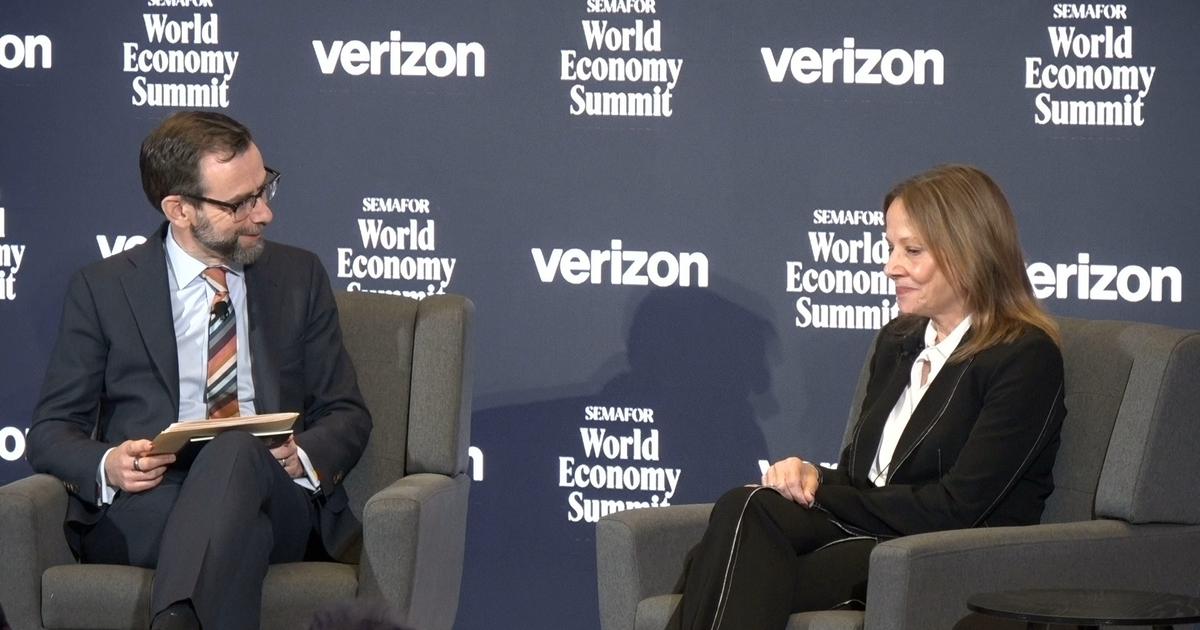Manufacturing Crossroads: GM CEO Mary Barra Calls for Urgent Policy Roadmap to Revive American Industrial Might

In a candid assessment of the current manufacturing landscape, General Motors CEO Mary Barra highlighted the potential for American manufacturers to successfully compete with China, but emphasized the critical need for clarity on Donald Trump's strategic economic plans and policies.
Speaking at a recent industry conference, Barra suggested that while U.S. manufacturers have the capability to thrive in the global market, they require a comprehensive understanding of the incoming administration's economic roadmap. Her comments underscore the uncertainty and anticipation surrounding potential trade strategies that could significantly impact international manufacturing dynamics.
The automotive industry leader's remarks reflect a broader sentiment among American manufacturers who are eager to navigate the complex terrain of international competition and trade relations. By gaining deeper insights into Trump's economic vision, companies can better position themselves to leverage potential opportunities and mitigate potential challenges in the global marketplace.
